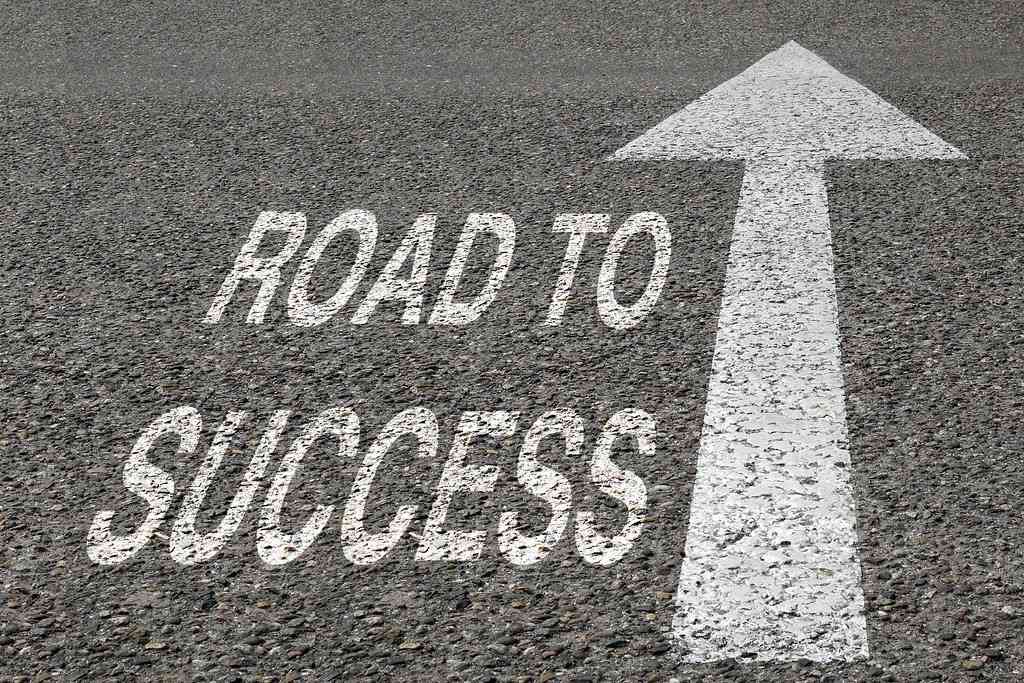
AS the year ends, it is natural to reflect on the past and set sights on the future.
Planning for the upcoming year is more than a symbolic exercise; it’s a critical step towards achieving personal and professional growth.
Thoughtful preparation provides clarity, maximises resources and equips individuals to face challenges with confidence.
As Benjamin Franklin famously said, “If you fail to plan, you are planning to fail.” In this article, we will explore the importance of yearly planning and its role in fostering success.
Effective planning begins with setting clear, achievable goals. Without defined objectives, even the best intentions risk becoming lost in the busyness of daily life. Planning transforms aspirations into actionable steps.
Motivational speaker Zig Ziglar once said, “A goal properly set is halfway reached.” For example, someone aiming to improve their health might set specific targets like exercising three times a week or preparing home-cooked meals daily. Breaking larger goals into manageable tasks builds momentum and increases the likelihood of success.
Moreover, clear goals provide a sense of purpose. When you know where you want to be by year-end, you can prioritise activities and allocate your time accordingly. This focus reduces distractions, enabling you to work towards what truly matters with clarity and intent.
Time is one of the most valuable resources we have and planning ensures it’s used wisely. By organising tasks, setting deadlines, and creating schedules, individuals can balance personal and professional commitments effectively. Stephen Covey, author of The 7 Habits of Highly Effective People, remarked, “The key is in not spending time, but in investing it.” A well-structured plan for the year turns time into a tool for growth, helping you accomplish more while minimising stress.
- Numbers: How to connect branding, image and money
- A business plan for an entrepreneur
- SUCCESS LIFE: Where is your money?
- Gold Mafia exposé spells doom
Keep Reading
Financial planning is equally important. A yearly budget allows you to anticipate expenses, save for future goals and avoid unnecessary debt. For instance, planning for a holiday, professional course, or emergency fund ensures that financial resources align with aspirations. This foresight reduces stress and fosters stability, giving you greater freedom to pursue your ambitions.
Life rarely goes exactly as planned and unexpected challenges are inevitable. Effective planning involves identifying potential obstacles and creating strategies to overcome them. This proactive approach fosters resilience. As Mike Tyson famously said: “Everyone has a plan until they get punched in the mouth.” While setbacks may arise, a thoughtful plan prepares you to adapt and continue moving forward.
For instance, if you are planning to switch careers, you might anticipate challenges like skill gaps or financial pressures. By addressing these risks early — perhaps by enrolling in courses or setting aside savings — you can navigate the transition with confidence. This foresight minimises disruption and keeps you focused on your long-term goals, even in difficult times.
A well-crafted plan serves as both a roadmap and a motivator. Documenting goals and milestones provides a sense of progress, which reinforces commitment and encourages perseverance. Tony Robbins famously said: “Setting goals is the first step in turning the invisible into the visible.” Regularly reviewing and adjusting your plan ensures it remains relevant and aligned with your evolving priorities.
Accountability is another key benefit of planning. Sharing your goals with a trusted friend, family member or mentor creates a support system that helps you to stay on track. Knowing that others are aware of your aspirations often provides the extra encouragement needed to stay disciplined and focused.
While yearly planning focuses on short-term goals, it also lays the foundation for long-term success. Each year is a stepping-stone in the larger journey of life. Aligning your annual plans with broader ambitions ensures continuity and sustained growth. Management consultant Peter Drucker once said, “The best way to predict the future is to create it.” By planning intentionally, you can shape your future.
Planning for the year ahead is a powerful tool for achieving clarity, maximising resource usage and building resilience. It transforms aspirations into achievable goals and provides a structured path to success. As Karen Lamb wisely observed: “A year from now, you may wish you had started today.” By investing time in thoughtful preparation, you can embrace the opportunities and challenges of the coming year with confidence and purpose. A well-planned year is not just a step forward; it is also the foundation for a brighter and more fulfilling future.
- Rutendo Kureya is a medical student at Saint Petersburg State Paediatric Medical University, Russia. She is passionate about issues concerning the state and welfare of fellow Zimbabweans. She can be reached at kureyaru@gmail.com. Mobile: +7 996 274 98 66 Facebook: Rutendo Kureya. She writes here in her personal capacity










